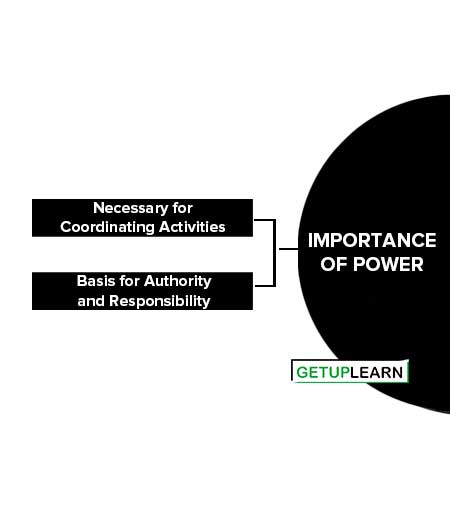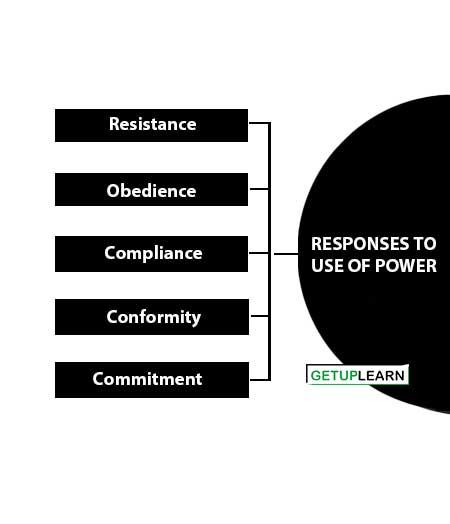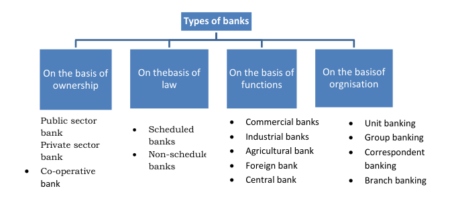Table of Contents
What is Power in Politics?
The term ‘Power’ may be defined as the capacity to apply influence over others. If the person has power, it means that he is able to influence the behavior of other individuals. The essence of power is control over the behavior of others.
Power is the ability to make things happen in the way an individual wants, either by self or by subordinates. The essence of power is control over the behavior of others (French & Raven, 1962). Managers derive power from both organizational and individual sources.
These sources are called position power and personal power, respectively. Power also refers to a capacity that A has to influence the behavior of B so that B acts in accordance with A’s wishes. The greater B’s dependence on A, the greater A’s power in the relationship. Therefore, power is a function of dependency (Robbins, 2003).
Definition of Power in Politics
Power can be defined as “The degree of influence an individual or group has in decision-making, without being authorized by the organization to do so”.
Getuplearn
Power is define as the ability to influence and control anything that is of value of others.
P. Robbins
Characteristics of Power
The following are the characteristics of power:
- Power can be potential or enacted.
- Power represents the capacity, ability, or potential to influence the behavior of other people to achieve a certain goal.
- Leaders exercise power to accomplish the goals of an organization.
- Leaders have only as much power as others allow them to have.
- Sometimes appearing to be powerful is just as important as being powerful.
- Power is neither completely neither formal nor informal. It is rather a judicious mixture of the two.
Importance of Power
Power is a crucial factor influencing behavior in organizations. The importance of power can be analyzed in two ways:

Necessary for Coordinating Activities
Power is required for the effective performance of the activities of the people in the organization. Without power, there may be chaos which is undesirable because a. People become upset and feel insecure in the presence of chaos b.
Chaos prevents the synergistic benefits that are gained from effective organizations. People may be willing to obey the power, although without any legitimacy. It has been observed that “A person may like success more than he dislikes being controlled by another’s power.”
Power is commonly recognized as the basis of authority and responsibility. In other words, authority can be viewed as one of the prerequisites of power. Power is also the basis of responsibility.
Responsibility is the obligation to carry out any function or discharge a duty. In formal organizations, responsibility is fixed on the basis of the allocation of activities through the process of organizing.
Responses to Use of Power
The possible responses to the use of power may vary along a continuum as shown in the figure below:

Resistance
The target person on whom the power is exercised may resist the influence and may not behave in accordance with the influencer’s wishes. The attempt to influence may be frustrated by the person.
Obedience
The person may surrender to influence though he would rather not. When people are forced to behave against their wishes, it is referred to as obedience.
Compliance
The person may comply with the desire of the influencer. Compliance refers to a person’s acceptance of influence because he is expected to be rewarded for responding to a request or punished for not responding to it.
Conformity
The person may conform to the influencer’s desire. Conformity refers to the acceptance of influence because people desire to be in the mainstream of social behavior. Often, people who are free to behave in different ways will simply do what they see others doing.
Commitment
The person may show commitment to the desire of the influencer. This is the most desirable outcome from the use of power as there is the enthusiastic release of energy and talent to satisfy the influencer’s requests.
Power and authority are so closely linked that both are used to denote the same meaning, at least, in practice. However, there is a difference between the two, in order to understand this difference, let us first define authority and identify its features. The term authority is defined in various ways in management literature.
Authority may be defined as the power to make decisions which guide the actions of another. It is the relationship between the two individuals; one superior, another subordinate.
Getuplearn
Authority is the willing and unconditional compliance of people, resting upon their belief that it is legitimate for superior to impose his will on them and illegitimate for them to refuse to obey.
Getuplearn
Based on the definition of authority, we can identify the features of authority which are as follows:
- There is the existence of a right to authority. This right is given to a manager in an organization by his superior. This right puts a manager in opposition by which he regulates the behavior of his subordinates to act or not to act in certain ways.
- The right to give orders is legitimate. Unless there is an environment of legitimacy- meaning socially and ethically acceptable to all concerned- authority cannot be meaningful and operational.
- Authority gives the right to decision-making because a manager can give orders only when he decides what is to be or not to be done by his subordinates. As Teray has pointed out, authority is exercised by making decisions and seeing that they are carried out.
- The basic objective behind the use of authority is to influence the behavior of the subordinates in terms of doing the right things at the right time so that the organization’s objectives are achieved.
- The use of authority may control the negative aspects of behavior. This behavior may be governed by persuasion, sanctions, request, coercion, constraints, force, etc.
- Authority in itself is an objective thing but its exercise is always subjective. The use of authority is determined by the personality factors of its possessor and the persons or group of persons in whose context this is made.
Sources of Power
Understanding the bases of power is important because these generate different types of power and a particular type of power is effective in a particular situation. Having power and using power are two different things.
For example, imagine a manager who has the power to reward or punish employees. When the manager makes a request, he or she will probably be obeyed even though the manager does not actually reward the employee. The fact that the manager has the ability to give rewards and punishments will be enough for employees to follow the request.
Raven has identified power bases into two broad categories: Positional and personal power. Within each category there are different types of power as shown in the figure below:



